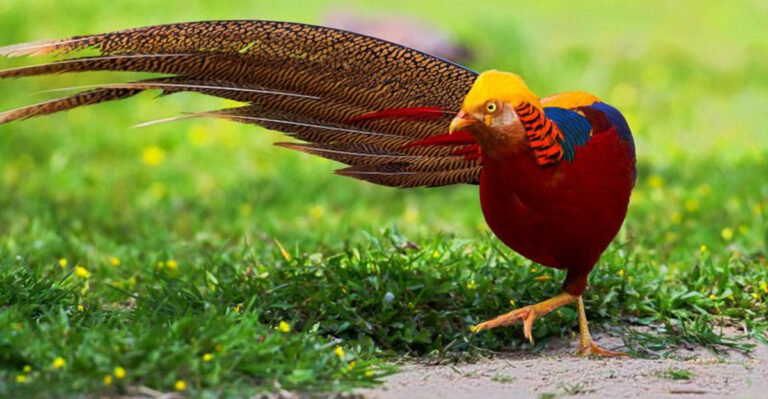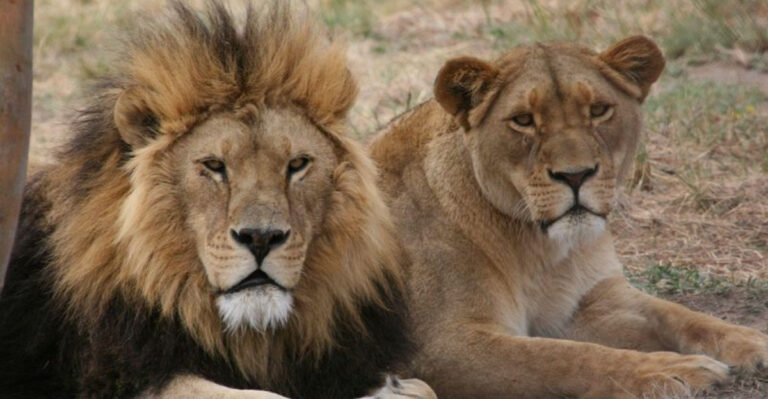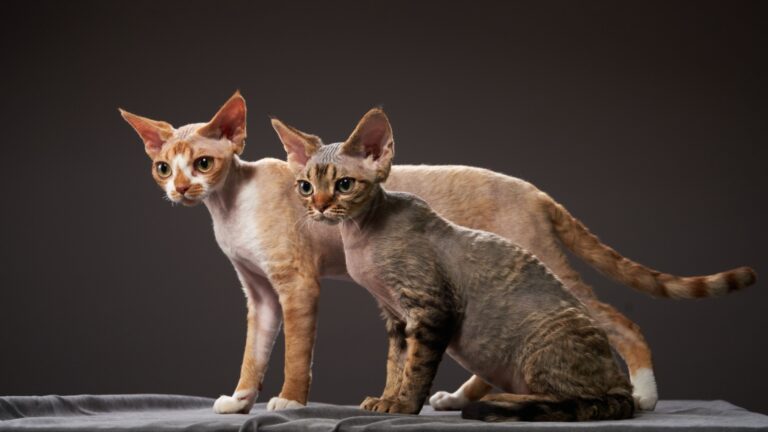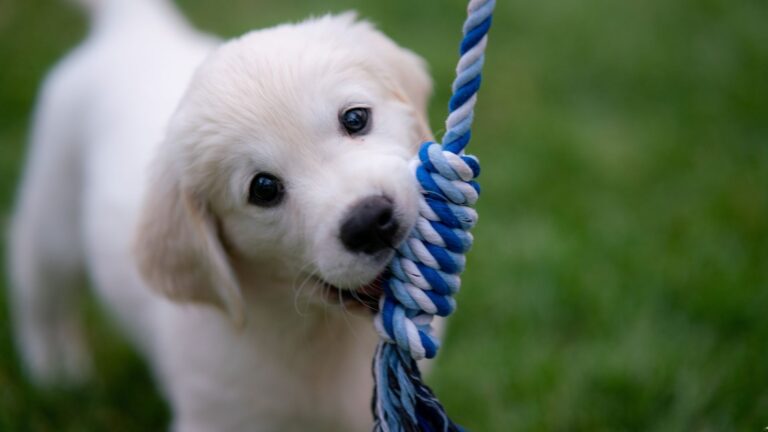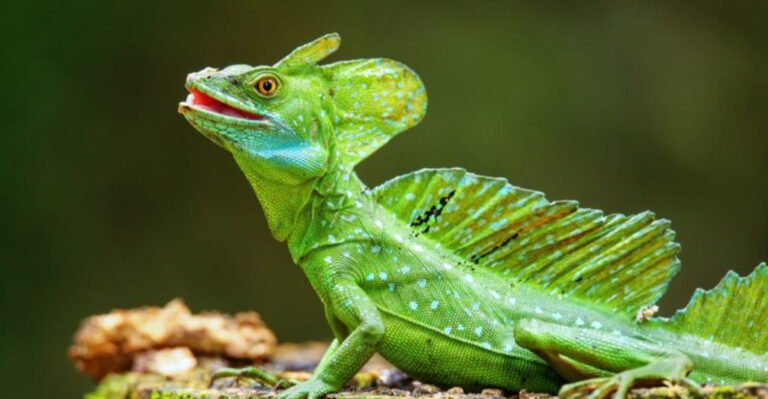12 Telltale Signs Your Cat Might Be Developing Dementia
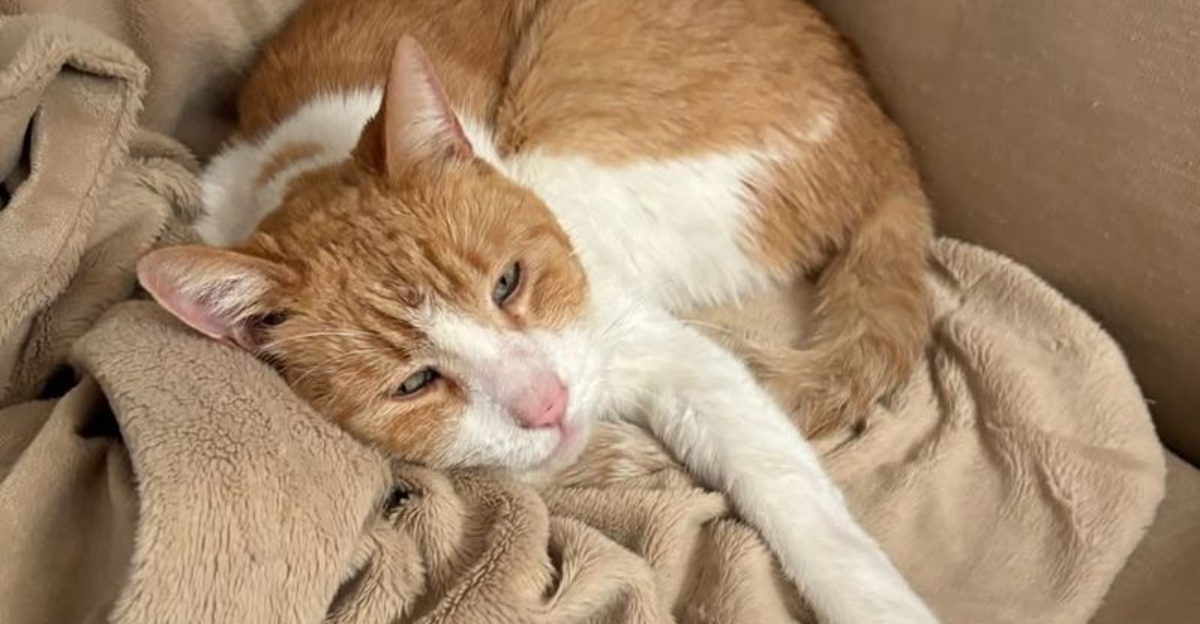
Cats, like humans, can experience cognitive decline as they age. Dementia in cats manifests through various behavioral changes, and recognizing these signs early can help in managing the condition effectively.
1. Increased Meowing
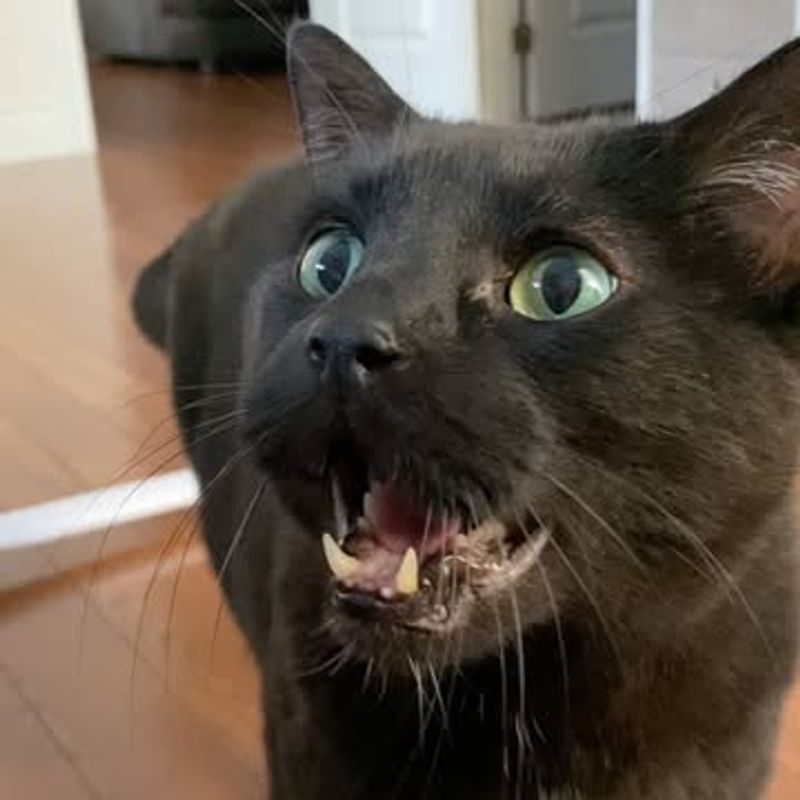
Has your feline friend become more vocal recently? Increased meowing, especially during nighttime, might be a sign of confusion or anxiety. Cats with dementia often meow more due to disorientation.
You might notice your cat meowing for seemingly no reason or at odd times. This could be an attempt to express discomfort or confusion.
If your cat’s vocalizations have increased, it might be time to consult your veterinarian for an assessment.
2. Disorientation
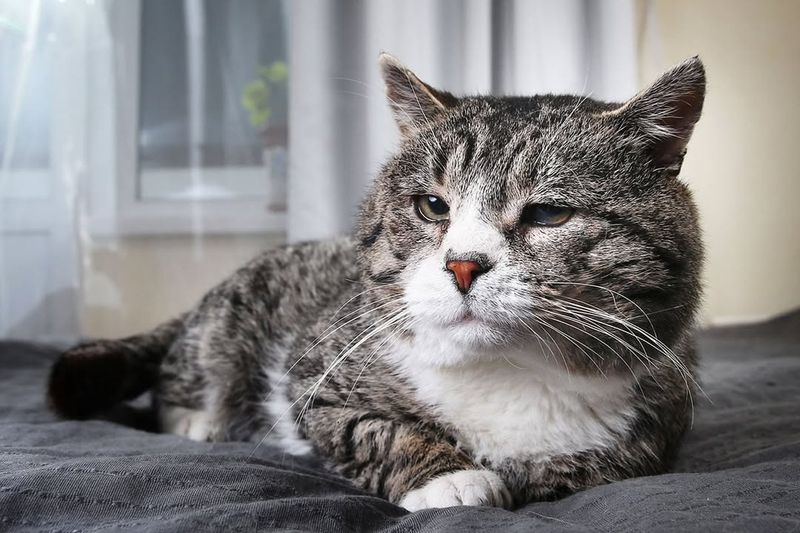
If your cat seems lost in familiar places, consider it a common sign of dementia. Cats may appear confused or have difficulty navigating their home environment.
If your cat gets stuck in corners or forgets the location of their litter box, they might be experiencing cognitive decline. These incidents can be distressing for both you and your pet.
Providing a stable environment with minimal changes can help reduce confusion for your cat.
3. Changes In Sleep Patterns
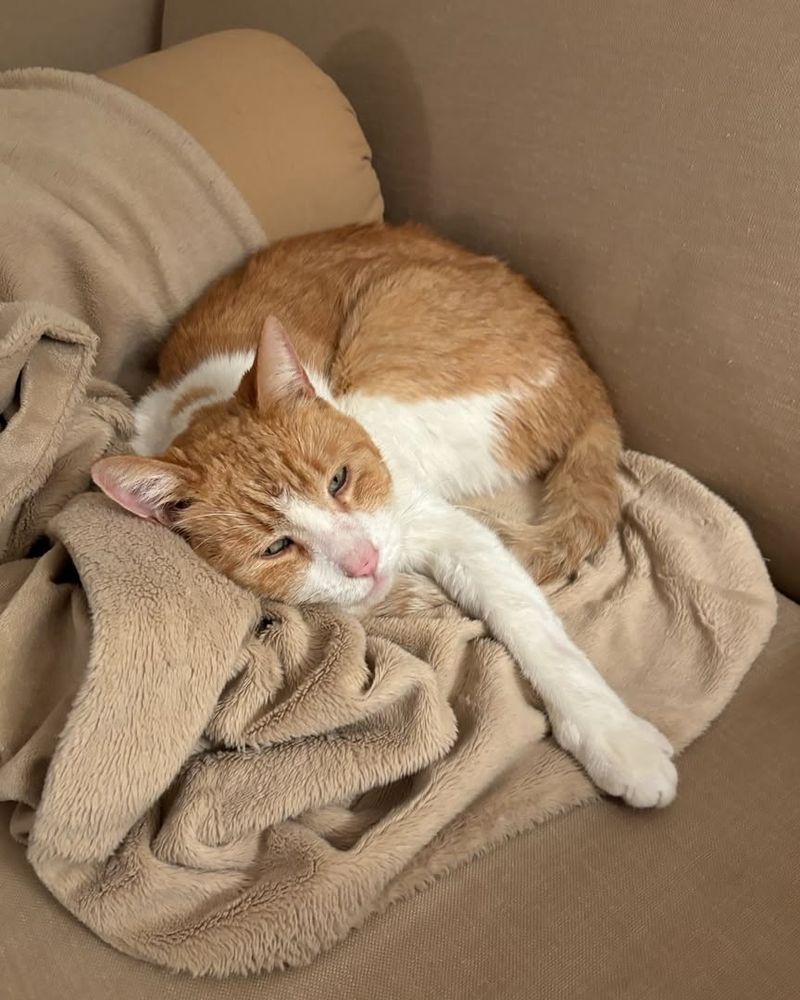
Changes in sleep cycles, such as sleeping more during the day and staying awake at night, can indicate dementia.
This shift might be due to confusion about time, affecting your cat’s circadian rhythm. It can lead to increased restlessness and anxiety.
Monitoring your cat’s sleep and creating a consistent routine can aid in managing these changes.
4. Decreased Interest In Play
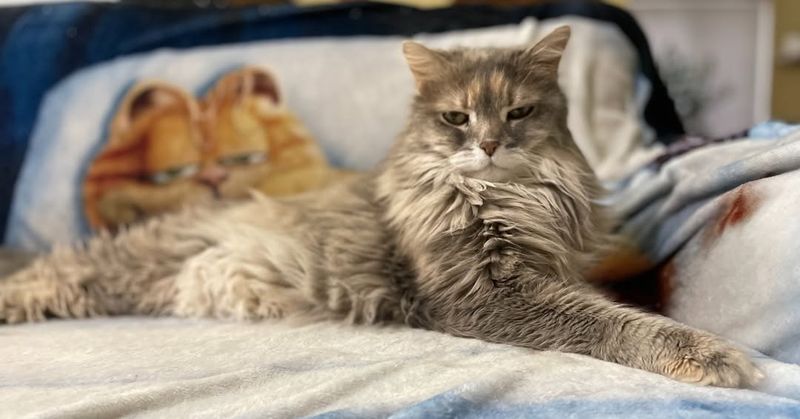
Has your once-playful cat lost interest in toys? A decrease in playfulness might be a sign of dementia. Cats with cognitive decline often show reduced interest in activities they once enjoyed.
This change might be subtle at first, with your cat gradually spending more time resting or being inactive.
Engaging your cat in gentle play and providing mental stimulation can help maintain their cognitive function.
5. Altered Social Interactions
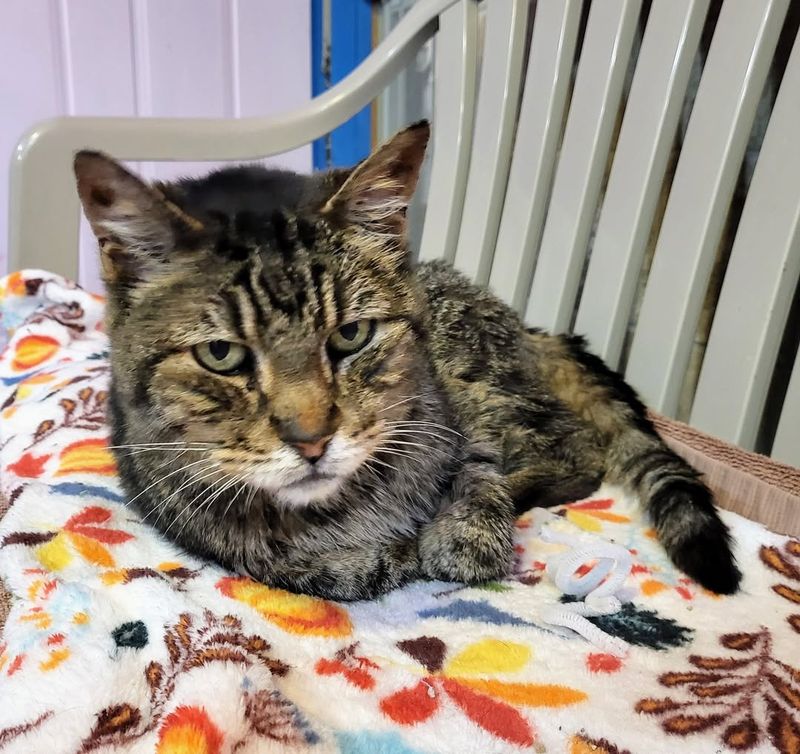
Changes in how your cat interacts with family members or other pets can indicate dementia. They might become withdrawn or unusually aggressive.
These behavioral shifts can be unsettling, as your once-social cat starts spending more time alone.
Encouraging gentle interaction and maintaining a predictable routine can help your cat feel more secure.
6. Accidents Around The House
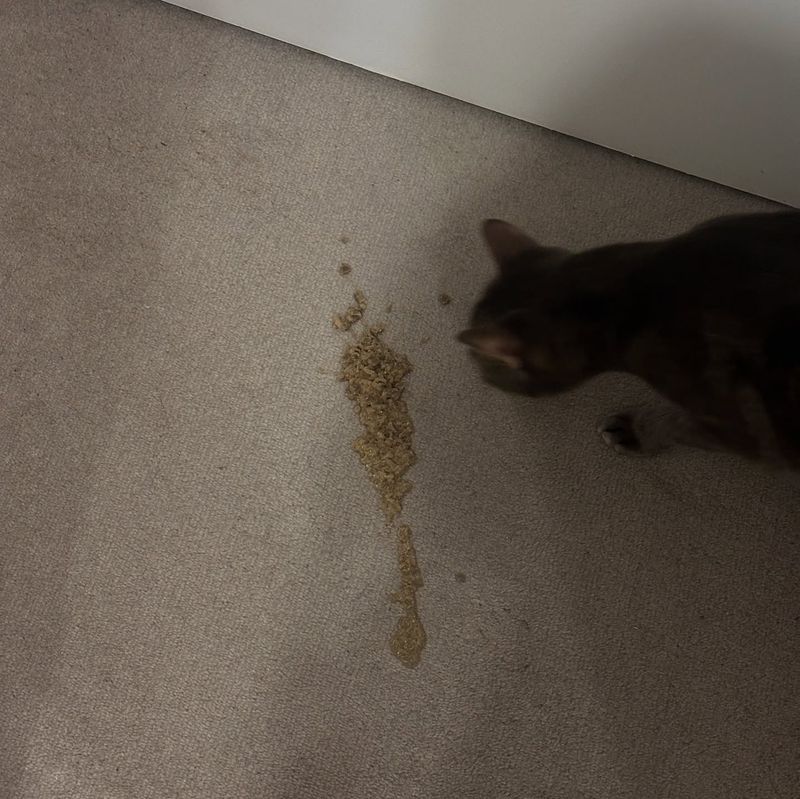
If your cat is having accidents outside the litter box, it might be a sign of dementia. Cats with cognitive issues may forget where their litter box is or have trouble getting there in time.
These accidents can be frustrating, but they are often due to confusion or physical limitations.
Keeping the litter box easily accessible and maintaining a clean area can help reduce these incidents.
7. Compulsive Behaviors
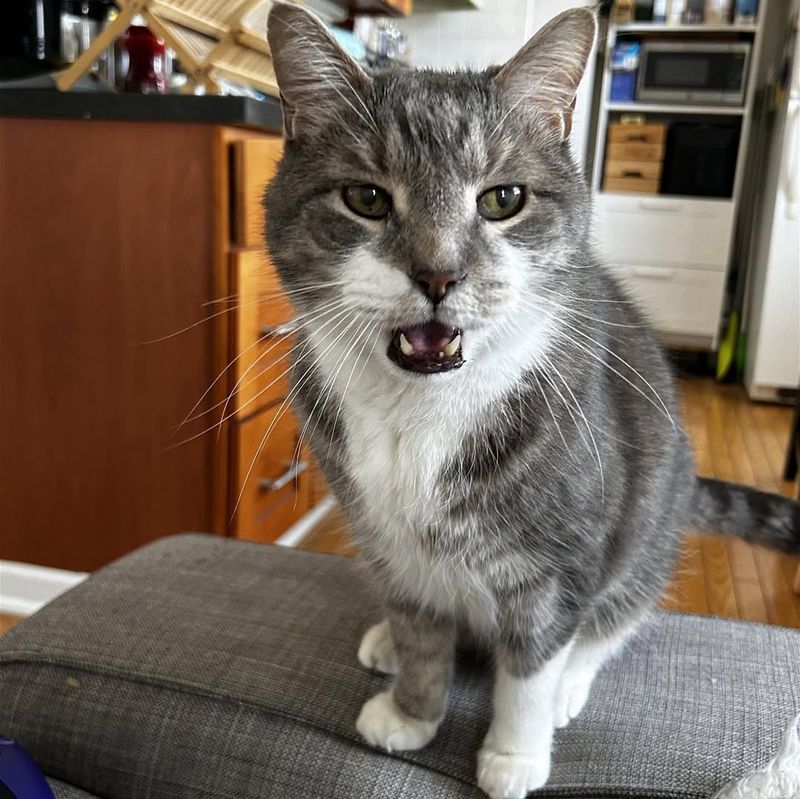
Does your cat exhibit repetitive behaviors? Compulsive actions like excessive licking or pacing can signal dementia. These behaviors might be an attempt to cope with confusion or anxiety.
Your cat might seem to be in a loop, performing the same action repeatedly.
Providing environmental enrichment and consulting with a vet can help manage these compulsive behaviors.
8. Change In Appetite
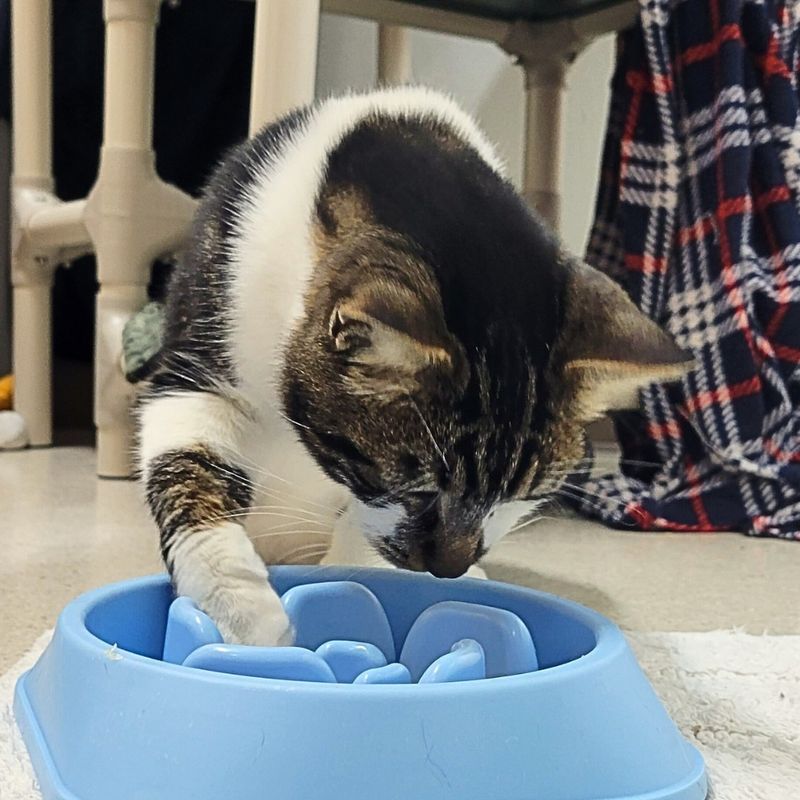
Has your cat’s eating habits changed? A change in appetite, either an increase or decrease, can be a sign of dementia. Cats might forget they’ve eaten, or lose interest in food altogether.
This alteration in eating habits can lead to weight changes, which can further impact your cat’s overall health.
Monitoring your cat’s diet and consulting with a vet for dietary adjustments can support their nutritional needs.
9. Grooming Neglect
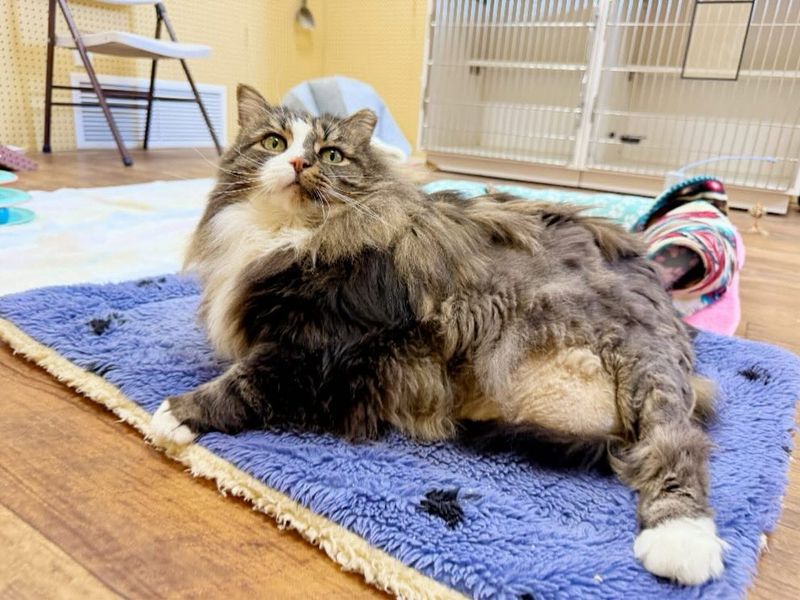
Noticing a decline in your cat’s grooming habits? Neglecting personal hygiene can be a sign of dementia. Cats might become less concerned about keeping themselves clean.
This neglect can lead to a matted or dirty coat. Your cat might need assistance in maintaining their grooming routine.
Regular brushing and gentle cleaning can help keep your cat comfortable and healthy.
10. Lack Of Responsiveness
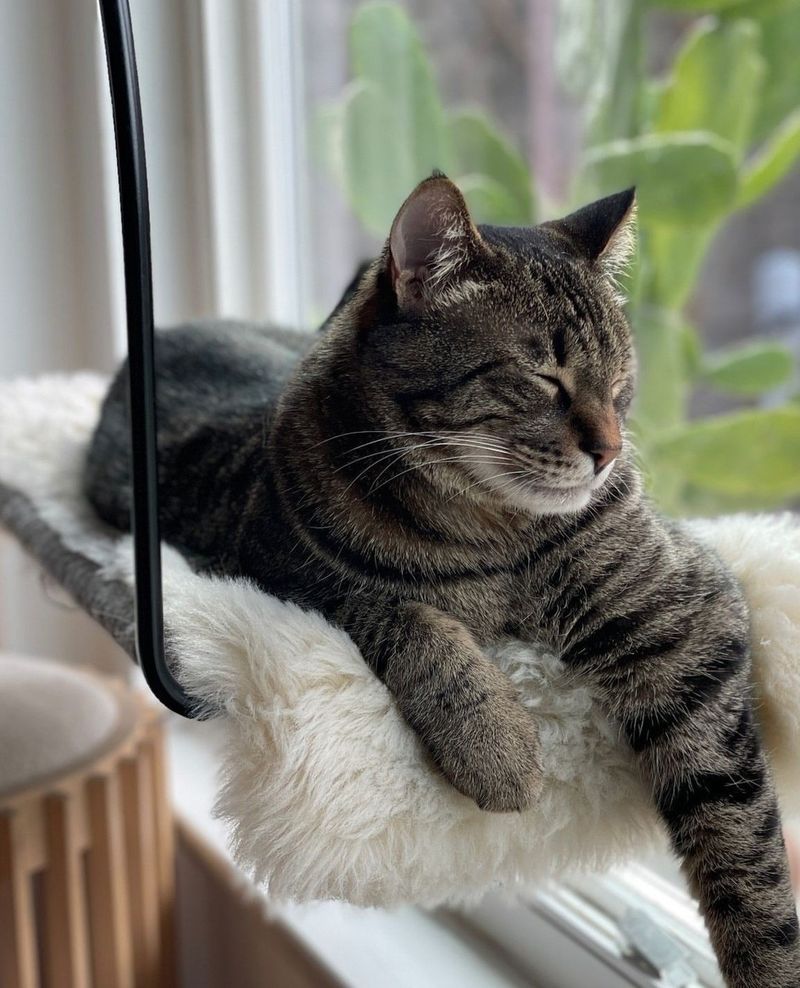
Is your cat ignoring you more often? A lack of responsiveness to their name or familiar sounds can be a sign of dementia. Your cat might seem more distant or unresponsive.
This change can be subtle, with your cat appearing to ‘zone out’ or not react as they used to. Engaging your cat with new sounds or interactive play can help stimulate their attention.
11. Anxiety And Restlessness
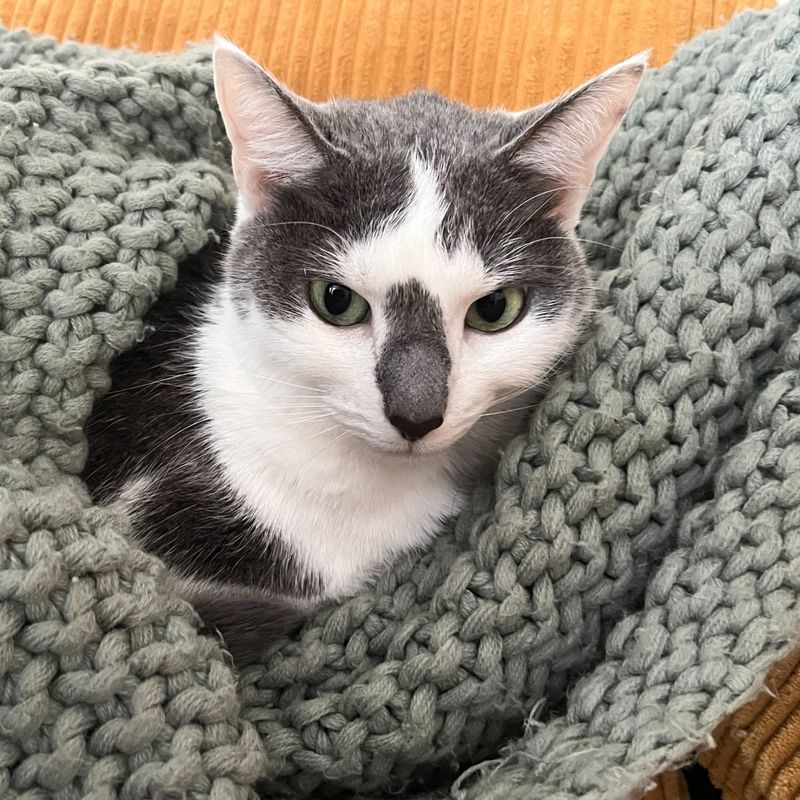
Does your cat seem more restless? Increased anxiety and restlessness can be indicative of dementia. Cats might pace more or seem unsettled in their usual environment.
These behaviors could result from confusion or a feeling of insecurity. Providing a calm and secure space can help alleviate your cat’s anxiety and promote relaxation.
12. Memory Loss
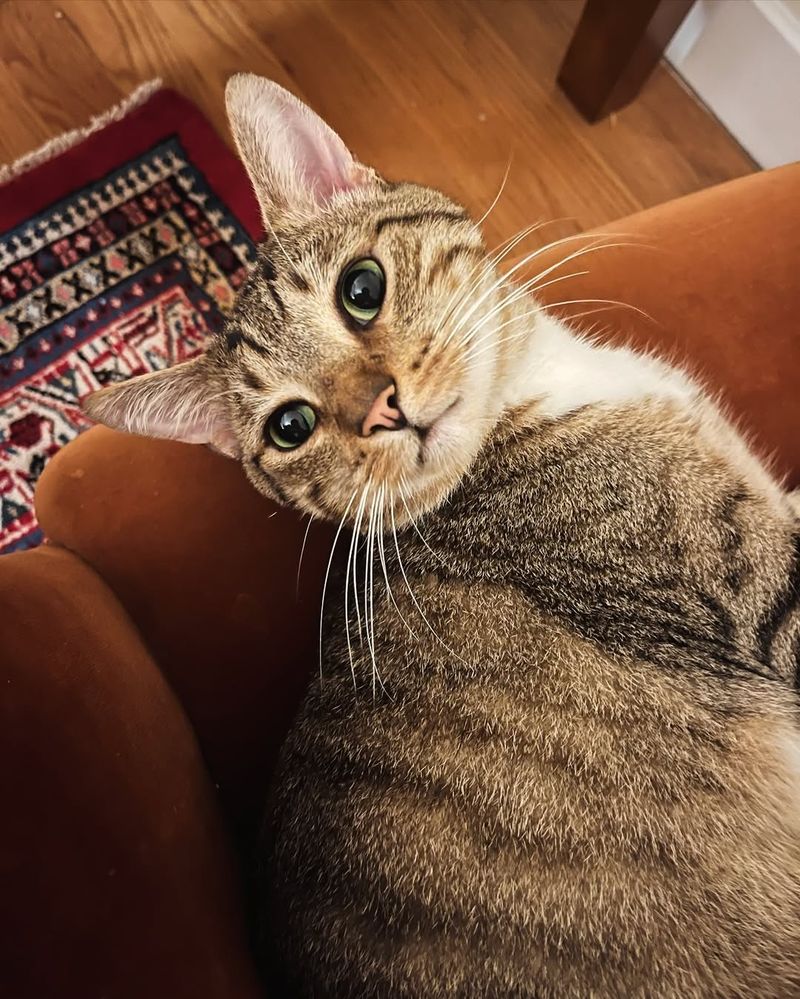
Notice your cat forgetting familiar routines? Memory loss is a hallmark of dementia. Cats may forget feeding times, familiar people, or places.
This memory decline can affect their daily routines, leading to confusion. Your cat might need reminders and extra support.
Maintaining a consistent schedule and providing gentle guidance can help your cat navigate their day-to-day life.


